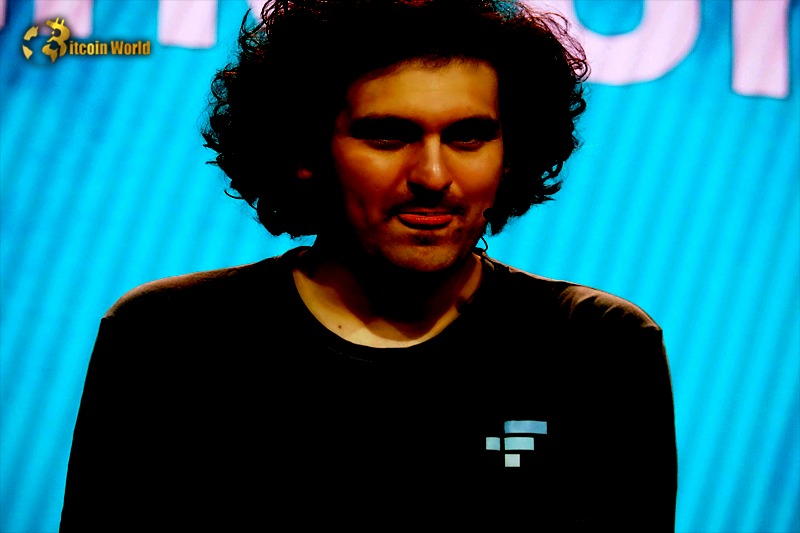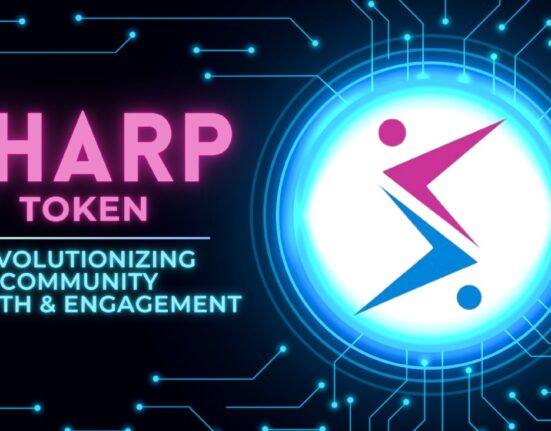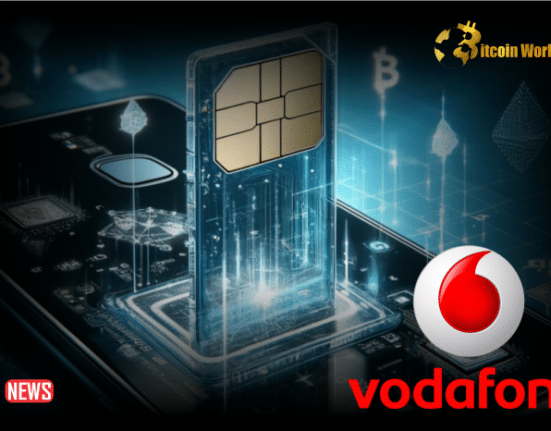Former FTX CEO Sam “SBF” Bankman-Fried has found himself at the center of a high-stakes legal battle since October 3rd, as he faces a federal trial in New York. The allegations against him are weighty, with seven counts of fraud and conspiracy to defraud FTX investors and customers hanging over his head. The Department of Justice (DOJ) is pursuing these charges with unyielding determination, employing an aggressive legal strategy to prove his guilt. On the flip side, Bankman-Fried’s defense has, up to this point, offered little resistance.
The legal team representing Bankman-Fried boasts two seasoned attorneys well-versed in handling high-profile cases. Mark Cohen and Christian Everdell, former federal prosecutors, previously defended Ghislaine Maxwell, who was convicted of sex trafficking in 2021 for her association with Jeffrey Epstein. However, despite their experience, their recent performance has left much to be desired.
Through their defense strategy, the jury has been presented with the image of Bankman-Fried as a youthful entrepreneur who made significant missteps during his company’s rapid ascent. According to Cohen’s opening statement, FTX was essentially a startup without the necessary infrastructure, much like any other emerging company. “There was no theft,” Cohen confidently asserted.
However, prosecutors are painting a different picture, presenting evidence that includes alterations made to FTX’s code at the behest of Bankman-Fried on July 31, 2019. These changes granted Alameda Research special privileges as a client of FTX, including exemption from the liquidation engine and the ability to maintain an unlimited negative balance on the exchange. On that fateful day in 2019, Bankman-Fried took to Twitter (now X) to downplay allegations of conflicts of interest, asserting that Alameda’s account was “just like everyone else’s.”
In their pursuit of a conviction, prosecutors have relied on witness testimonies, screenshots of FTX’s code, and tweets to demonstrate that Bankman-Fried deliberately misled investors, journalists, and clients. Meanwhile, his defense counsel has remained relatively reticent, arguing that Alameda’s role as a market maker necessitated these special privileges and that the relationship was entirely legal.
It’s essential to understand that the burden of proof lies with the prosecutors, meaning they must provide concrete evidence to substantiate their claims and convince the jury of Bankman-Fried’s guilt. This principle safeguards defendants from unjust liability or conviction in the absence of substantial evidence, upholding the presumption of innocence until proven guilty.
Regrettably, Bankman-Fried’s legal defense team has not presented compelling alternative narratives to explain the evidence or mitigate the accusations. Moreover, they lack a robust narrative, a critical component in any trial that can significantly influence the verdict. The defense team, led by Cohen, has thus far failed to deliver a gripping narrative, despite reportedly charging millions of dollars for their services. Additionally, Bankman-Fried’s arrest in August, following the revocation of his bail on charges of witness tampering, has further hampered his defense.
Cohen’s team has adopted an assertive approach by questioning the credibility of witnesses, particularly Bankman-Fried’s former close associates such as Adam Yedidia and Gary Wang, both considered crucial witnesses for the prosecution. Yedidia and Wang have pleaded guilty to fraud and conspiracy charges and have been cooperating with the DOJ since December 2022.
During the trial’s second day, Cohen vehemently contested the prosecution’s portrayal of Bankman-Fried as the sole mastermind behind FTX’s financial woes, a claim he vehemently denies. Cohen argued that Bankman-Fried took reasonable steps in good faith, entrusting his inner circle to navigate any challenges. Furthermore, the defense briefly alluded to Binance CEO Changpeng Zhao’s role in the early November bank run.
Joshua Garcia, a partner at Ketsal, emphasized that the severity of the sentence hinges on the specific charges and the evidence presented during the trial. Any potential appeal in the case would necessitate the identification of legal errors or misconduct during the original trial. According to Garcia, the appeals process can be lengthy, involving a comprehensive review of trial proceedings and the application of legal principles.
Another attorney closely observing the trial underscored the formidable challenge faced by the defense, noting that when a case is initiated by the government, there is a 95% likelihood of indictment. As the trial unfolds, Bankman-Fried, known for his inventive and aggressive marketing tactics, must remain silent, quell his instinctive leg-shaking, and rely on the tireless efforts of his defense team.















